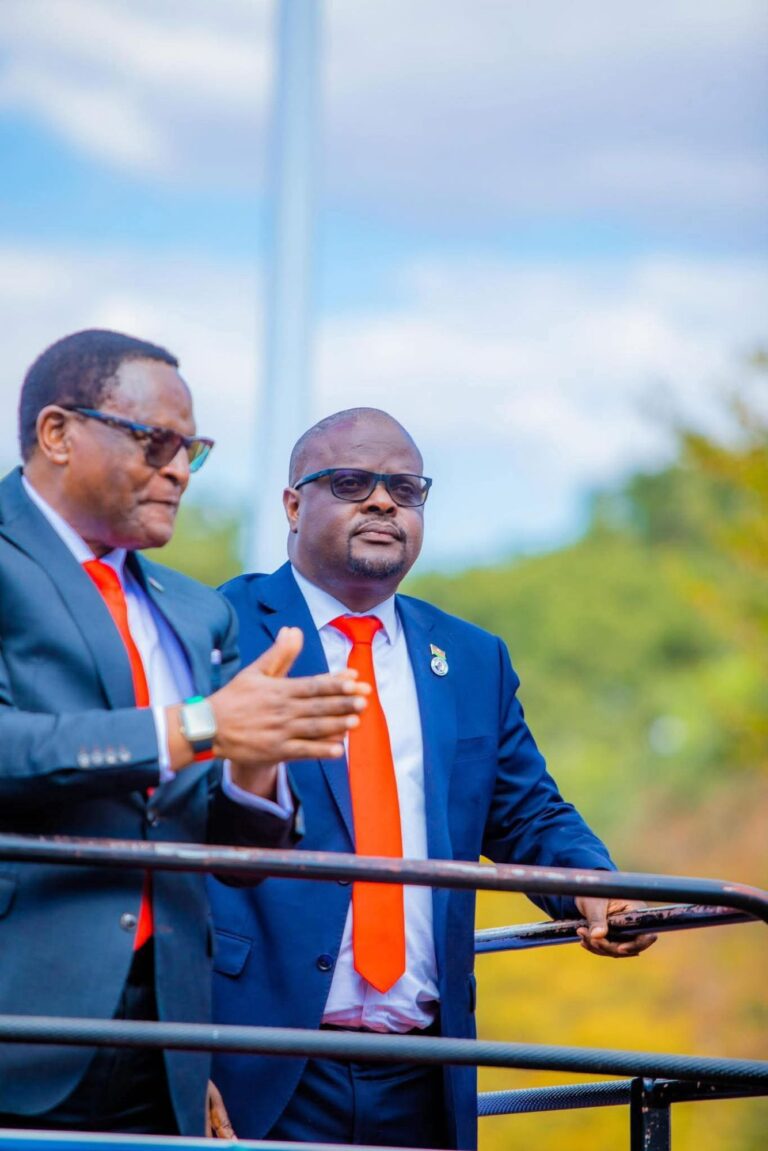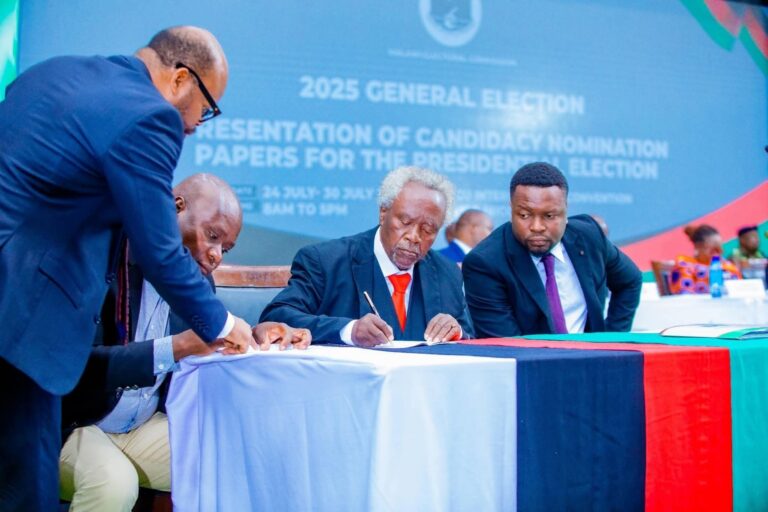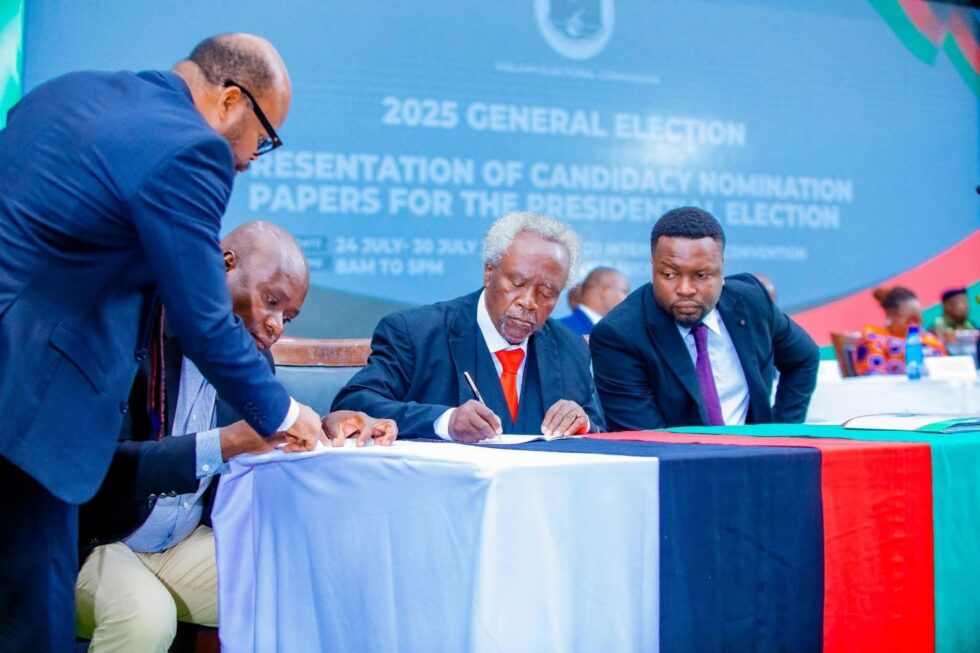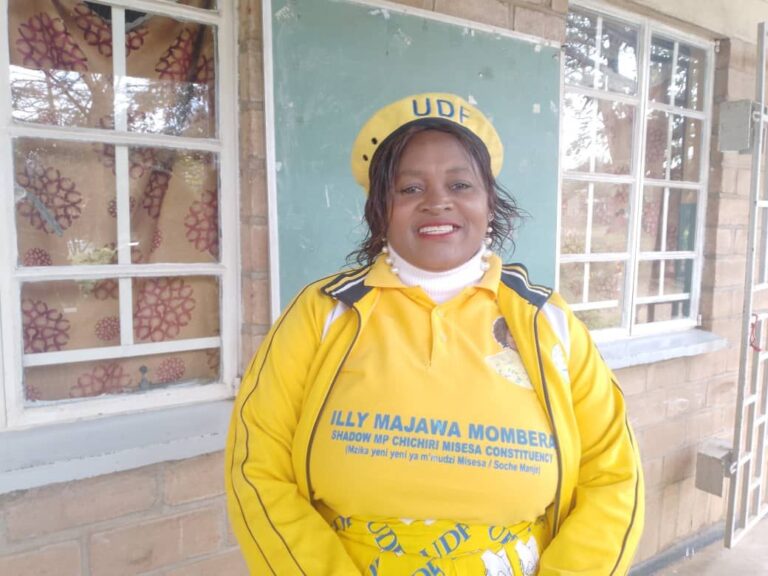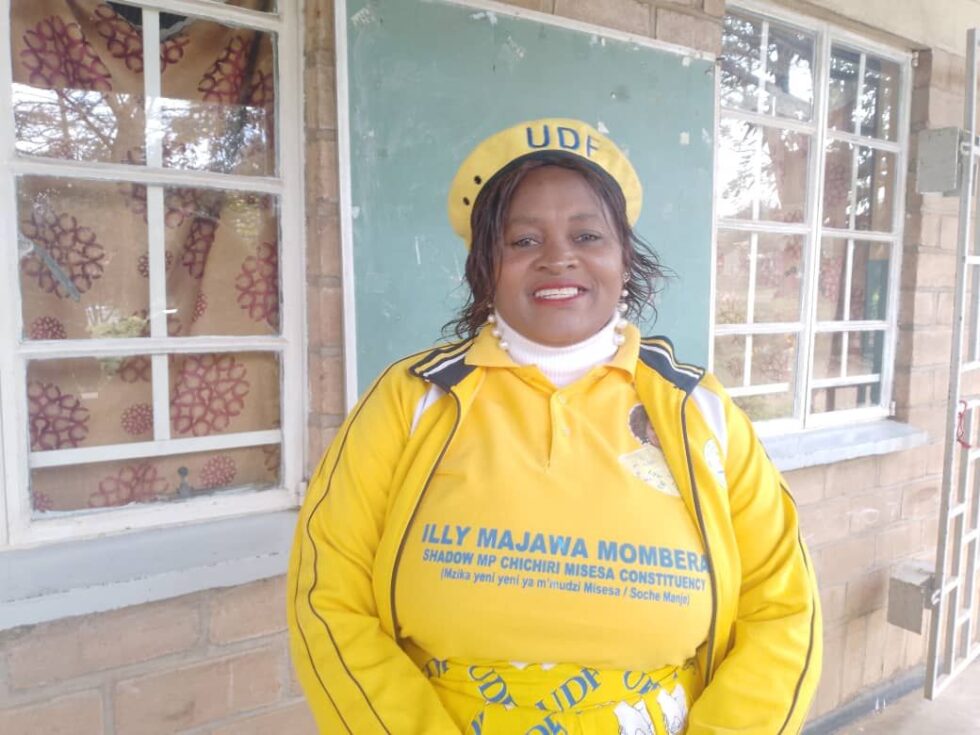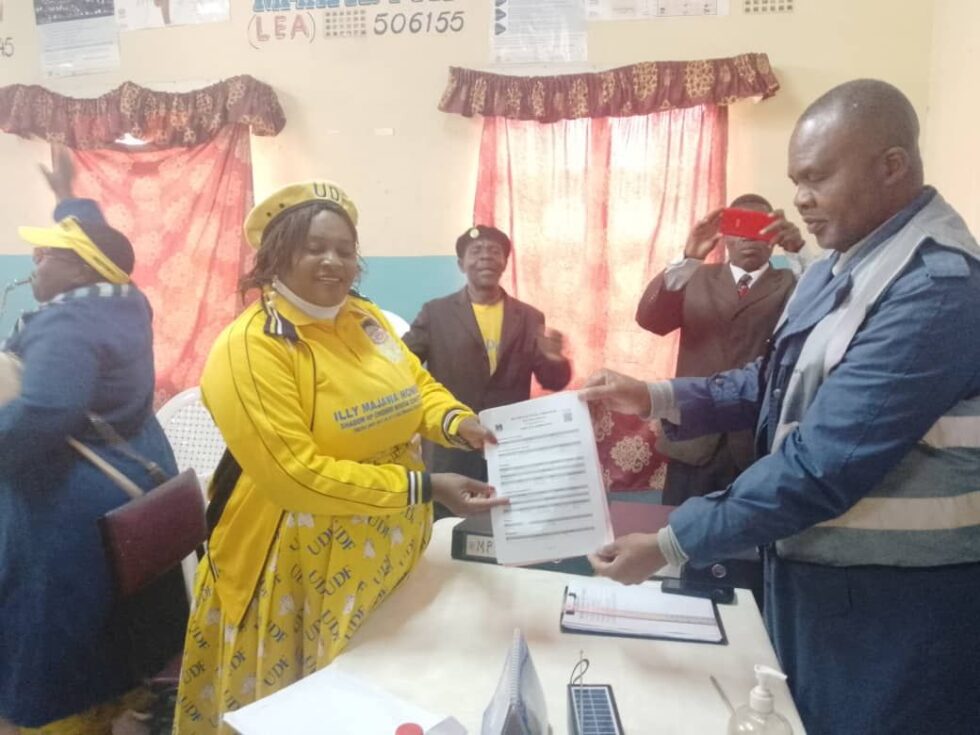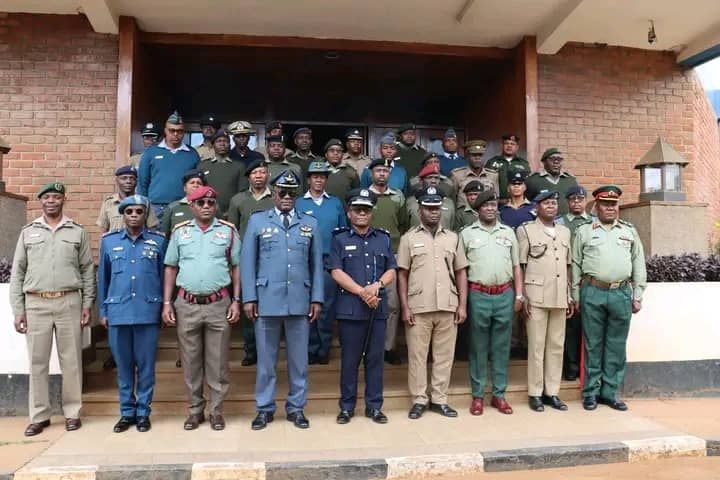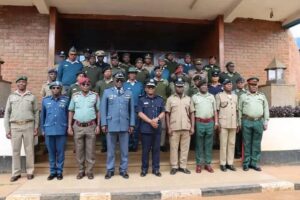By Wadza Botomani
President Dr. Lazarus Chakwera, the Malawi Congress Party (MCP) leader, formally submitted his nomination papers to the Malawi Electoral Commission (MEC) today, July 30, 2025, solidifying his bid for re-election in the September 16 general polls. Chakwera, who will contest alongside his running mate, Minister of Trade and Industry Vitumbiko Mumba, was among the final candidates to present his papers during MEC’s week-long nomination window .
The nomination process, held at the Bingu International Convention Centre (BICC) in Lilongwe, marks a critical step in Malawi’s tripartite elections, which will determine the presidency, parliamentary seats, and local government representatives. Chakwera’s submission follows a schedule set by MEC, with his main rivals—including former presidents Peter Mutharika (DPP) and Joyce Banda (PP)—having filed their papers earlier in the week .
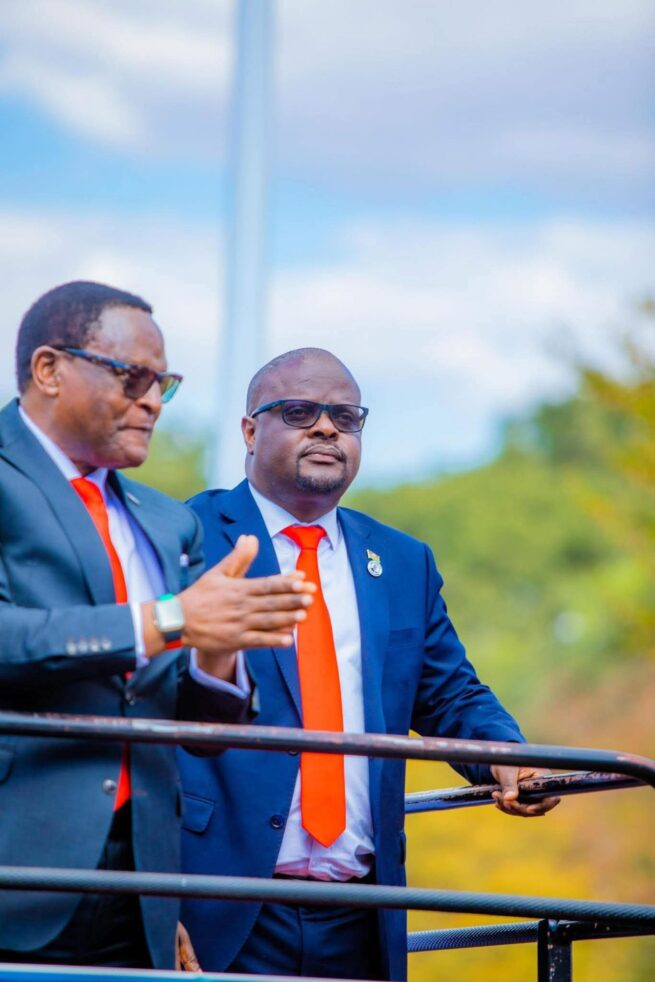
Chakwera’s campaign is expected to focus on defending his administration’s record amid mounting public discontent over economic hardships, corruption, and unfulfilled promises from the 2019 elections. Over 70% of Malawians live below the poverty line, and inflation and foreign exchange shortages have eroded trust in the government . His choice of Mumba as a running mate signals a strategic alignment with the trade sector, though the minister’s recent involvement in a disputed MCP primary election in Mzimba Central has drawn scrutiny .
MEC Chairperson Justice Annabel Mtalimanja reiterated calls for all candidates to adhere to the electoral code of conduct, emphasizing peaceful campaigning ahead of the official period’s close on September 14 . The elections will be conducted under the 50+1 system, requiring a presidential candidate to secure an absolute majority to avoid a runoff—a scenario that could cost MEC an additional K97.9 billion (≈$55.8 million) if needed .
With 20 presidential aspirants, including six independents, the race remains highly contested. Chakwera’s nomination sets the stage for a pivotal showdown, with Malawians weighing his leadership against alternatives in a climate of economic strain and democratic uncertainty .


